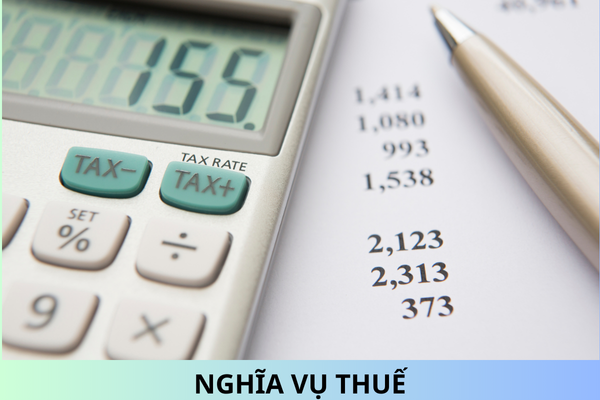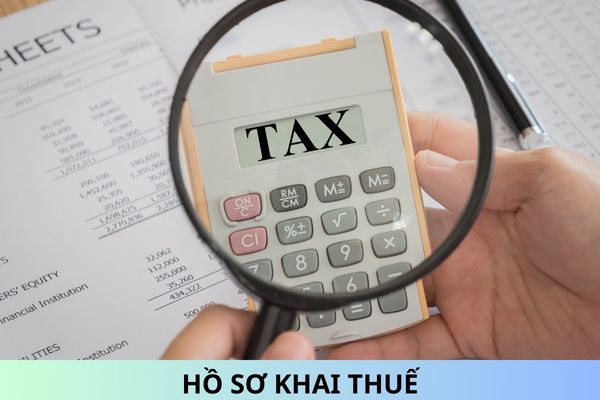What are regulations on implementation of revenue adjustment under Circular 200 in Vietnam?
What are regulations on implementation of revenue adjustment under Circular 200 in Vietnam? Thank you! - Ms. Quynh (Binh Duong)
What are regulations on implementation of revenue adjustment under Circular 200 in Vietnam?
According to Point b, Clause 1, Article 81 of Circular 200/2014/TT-BTC, revenue adjustment is carried out as follows:
- Discounts, allowances, and returned sales arising in the same period as the sale of goods and services are adjusted to reduce revenue in the period in which they arise.
- In cases where goods and services have been sold in previous periods and only arise in the next period, the enterprise may record the reduction in revenue in accordance with the following principles:
+ If goods and services that have been sold in previous periods and only arise in the next period must be reduced in price, discounted, or returned, but arise before the date of issuance of the financial statements, accounting must consider this as an event that needs to be adjusted after the date of preparation of the balance sheet and record the reduction in revenue on the financial statements of the reporting period (previous period).
+ In cases where goods and services must be reduced in price, discounted, or returned after the date of issuance of the financial statements, the enterprise records the reduction in revenue of the period in which it arises (the next period).
The above reduction in revenue is applied to revenue from sales and services arising in the period.
What are regulations on implementation of revenue adjustment under Circular 200 in Vietnam? - Source: Internet
When is revenue recognized under Circular 200 in Vietnam?
Clause 1, Article 78 of Circular 200/2014/TT-BTC provides the following accounting principles for revenue:
Accounting principles for revenue
1. Revenue is the economic benefits received that increase the owner's equity of the enterprise, except for the additional contributions of shareholders. Revenue is recognized at the time of the transaction, when the economic benefits are certain to be received, and is determined at the fair value of the receivables, regardless of whether the payment has been received or will be received.
...
In summary, revenue under Circular 200 is recognized at the time of the transaction, when the economic benefits are certain to be received, and is determined at the fair value of the receivables, regardless of whether the payment has been received or will be received.
Note: The recognition of revenue at the above time is applied to accounting work at enterprises in all fields and economic sectors. Small and medium-sized enterprises are currently able to apply the accounting guidance regulations of Circular 200/2014/TT-BTC to accounting in accordance with their business characteristics and management requirements (Article 1 of Circular 200/2014/TT-BTC).
Does a company's revenue include collections in Vietnam?
Clause 4, Article 78 of the Circular 200/2014/TT-BTC states the following:
Accounting principles for revenue
...
4. Revenue does not include collections from third parties, for example:
- Taxes collected on behalf of third parties (value-added tax, export tax, special consumption tax, environmental protection tax)
- Amounts collected by agents on behalf of principals for agency sales
- Additional charges and fees collected in addition to the unit selling price that the unit does not receive
Other casesIn cases where taxes collected on behalf of third parties cannot be separated immediately at the time of transaction, for the convenience of accounting, revenue may be recorded in the accounting books including both the amount of taxes collected on behalf of third parties, but the accounting must be reduced for the amount of taxes collected on behalf of third parties. However, when preparing financial statements, it is compulsory to identify and remove all taxes collected on behalf of third parties from the indicators reflecting gross revenue.
...
In short, the revenue of a company does not include collections from third parties.
Collections from third parties are amounts of money that a company collects on behalf of a third party, not related to the company's business activities. Specifically:
- Indirect taxes (VAT, export tax, special consumption tax, environmental protection tax) to be paid.
- The amount of money collected by agents on behalf of principals for agency sales.
- Additional charges and fees collected in addition to the unit selling price that the unit does not receive.
- Other cases.
Best regards!











